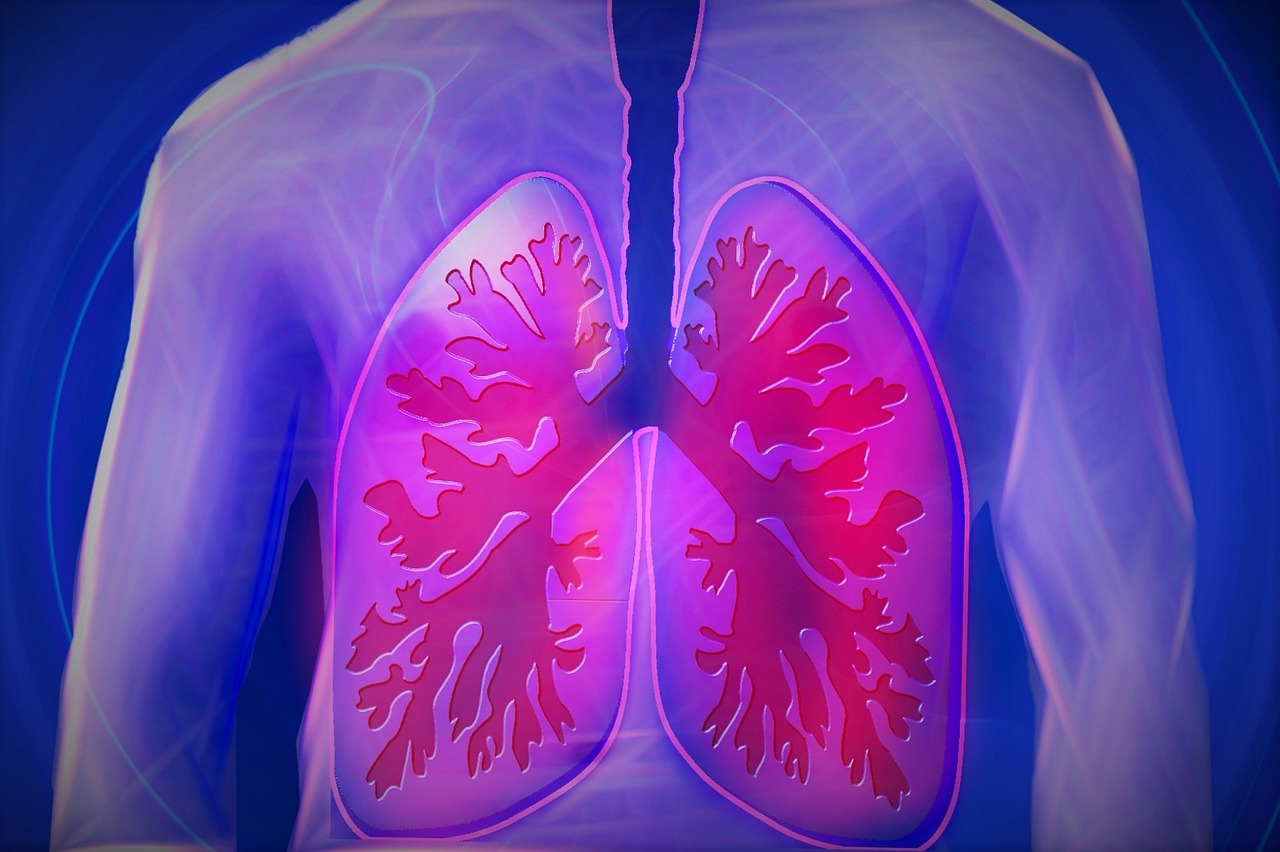Community-defined pneumonia is an infection that affects the lungs, triggered by viruses and bacteria such as those of the usual seasonal flu.
The most common bacterium that would cause it is technically called Streptococcus pneumoniae or, more easily, pneumococcus.
This would usually reside in the nasopharyngeal tract. However, in some people and under certain conditions, it could cause respiratory infections.
At risk would be: alcoholics, smokers but also those who have quit, those suffering from asthma or COPD, those who are immunosuppressed, in general the over 65 and children under 5 years of age.
The data on pneumococcal pneumonia, then, would not be the best: in 2016, for example, 336.5 million cases were recorded.
After some time, the experts, as pointed out in this one publication of Humanitas, warn that not much has changed in the management of this widespread pathology.
However, the importance of working on improving antibiotic treatment therapy, diagnosis times and scheduled checks over time has recently been defined.
In addition, the scientific community has also placed emphasis on the importance of community information and prevention of pneumonia.
So, in this article we will focus on this last aspect.
Therapy and possible long-term complications
Before delving into the very important world of prevention, let’s start with a fundamental consideration.
To treat community-acquired pneumonia, the basic practice would include taking specific antibiotics prescribed by the doctor. Despite this, the effectiveness of the treatment would not be guaranteed for everyone, because some people may have developed resistance to the antibiotic.
Furthermore, we should think of pneumonia as a moment of shock to our respiratory system which, even if it were to resolve with the antibiotic, could have a sequel.
In more frail people, there may be long-term complications such as:
- neurological ones, for example dementia or cognitive disorders;
- cardiovascular ones, for example thrombosis, strokes and heart attacks;
- those of a musculoskeletal nature.
For these reasons, it is essential to be well informed about the disease and, even more, about the forms of prevention.
Pneumonia, 10 things we could do to prevent it according to science
We therefore come to the heart of the matter.
This authoritative Humanitas publication gives us some important suggestions, presenting some precautions that we can easily implement to prevent community pneumonia.
So, if we don’t want to deal with pneumonia, here are 10 things we could do to prevent it according to science:
- get free influenza and pneumococcal vaccines for the over 60s, all children and that part of the population considered at risk;
- do not take antibiotics that are not prescribed and indicated by the doctor;
- limit the consumption of alcohol;
- avoid smoking cigarettes and avoiding secondhand smoke;
- often change the air of the environments in which we live and work;
- sanitize and wash your hands frequently, especially before eating or bringing them close to your mouth and eyes;
- coughing or sneezing while covering the mouth with a tissue or in the crook of the elbow;
- always throw away the paper handkerchiefs after using them and therefore do not keep them for other uses and do not place them on various surfaces;
- pay attention to the diet that must give the right support to the immune system;
- have, in general, a healthy but also active lifestyle.
Deepening


